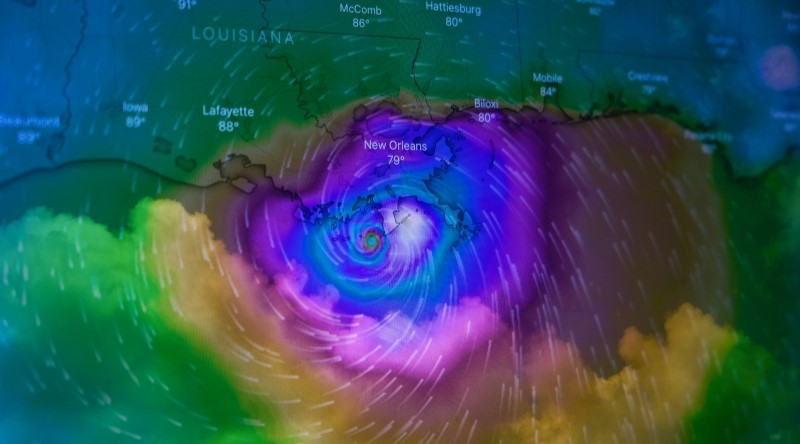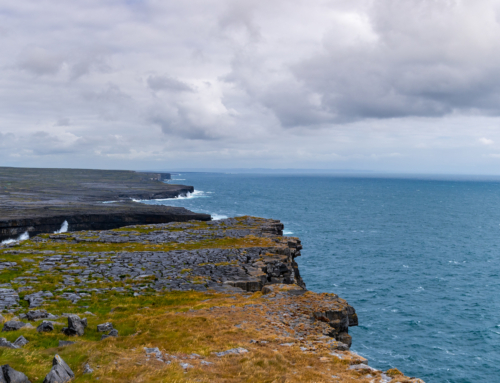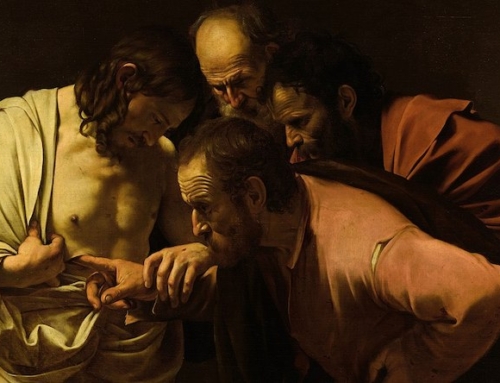Planning outdoor events in the summer inevitably entails consulting weather reports. Did you hope to go to the beach for the day? Think again! Al Roker just told you there is a 90 percent chance of thunderstorms. While checking the forecast can be helpful, we often agonize over decisions because of weather reports: should you cancel the high school graduation party planned months in advance when there is a 70 percent chance of strong storms? How about 60 percent? 50 percent?
Weather reports are OK at short-term predictions but almost worthless with long-range ones. While not perfect, they are popular: over 60 percent of US adults check the weather at least once a day. We plan our lives around them, trusting the information we receive and acting on it.
Put another way, we make acts of faith in weather reports. We personally do not know what the weather will be—we believe the words of a meteorologist or the percentages from a computer. We trust that the information we receive is true and then act on it, despite the inherent uncertainty with the whole enterprise.
It is not just for the weather that we make acts of faith. Our lives would look very different if we had to personally verify everything for ourselves. We would have to visit every country and planet to know that they actually existed; we would have to do (entirely by ourselves!) precise scientific testing to confirm that our parents are actually who they say they are; and so on. We make many acts of faith in living our normal lives.
Despite this, it can seem that the true act of faith—believing “in the hope of eternal life that God, who does not lie, promised before time began” (Titus 1:2)—is less secure than these other, mundane ones. People understand when you cancel your beach trip because of the weather report; most do not understand if you forgo marriage for sake of the kingdom of heaven.
Why is this the case? Unlike God, weather reports appear to be easily accessible, clear, and scientific. Even though they are wrong occasionally, almost anyone can understand them. Trusting the weather report means trusting something we can see. Trusting God, who “dwells in unapproachable light, and whom no human being has seen or can see,” is categorically different (1 Tim 6:16). This is because “at present we see indistinctly, as in a mirror, but then [in heaven] face to face. At present I know partially; then I shall know fully, as I am fully known” (1 Cor 13:12).
Our time on earth is cloaked in obscurity. Yet this is no reason for our confidence in God to falter! Quite the contrary: we are infinitely secure when we place our faith in God. Unlike a weather report—constantly updating and often incorrect—God does not change and cannot be wrong: “it is impossible for God to lie” (Heb 6:18). Because of who God is, he can never be wrong.
Nowhere is this act of faith more necessary than in the mystery of the Holy Eucharist. For what appear to be bread and wine are indeed the real body, blood, soul, and divinity of Jesus. We need to gaze with eyes of faith—a faith that believes what God has said because he is supremely trustworthy and speaks only truth. Gerard Manley Hopkins eloquently captures this idea in his translation of the Adoro Te Devote, Aquinas’s hymn of praise to our Eucharistic Lord:
Seeing, touching, tasting are in thee deceived;
How says trusty hearing? that shall be believed;
What God’s Son has told me, take for truth I do;
Truth himself speaks truly or there’s nothing true.
✠
Photo by Brian McGowan on Unsplash







